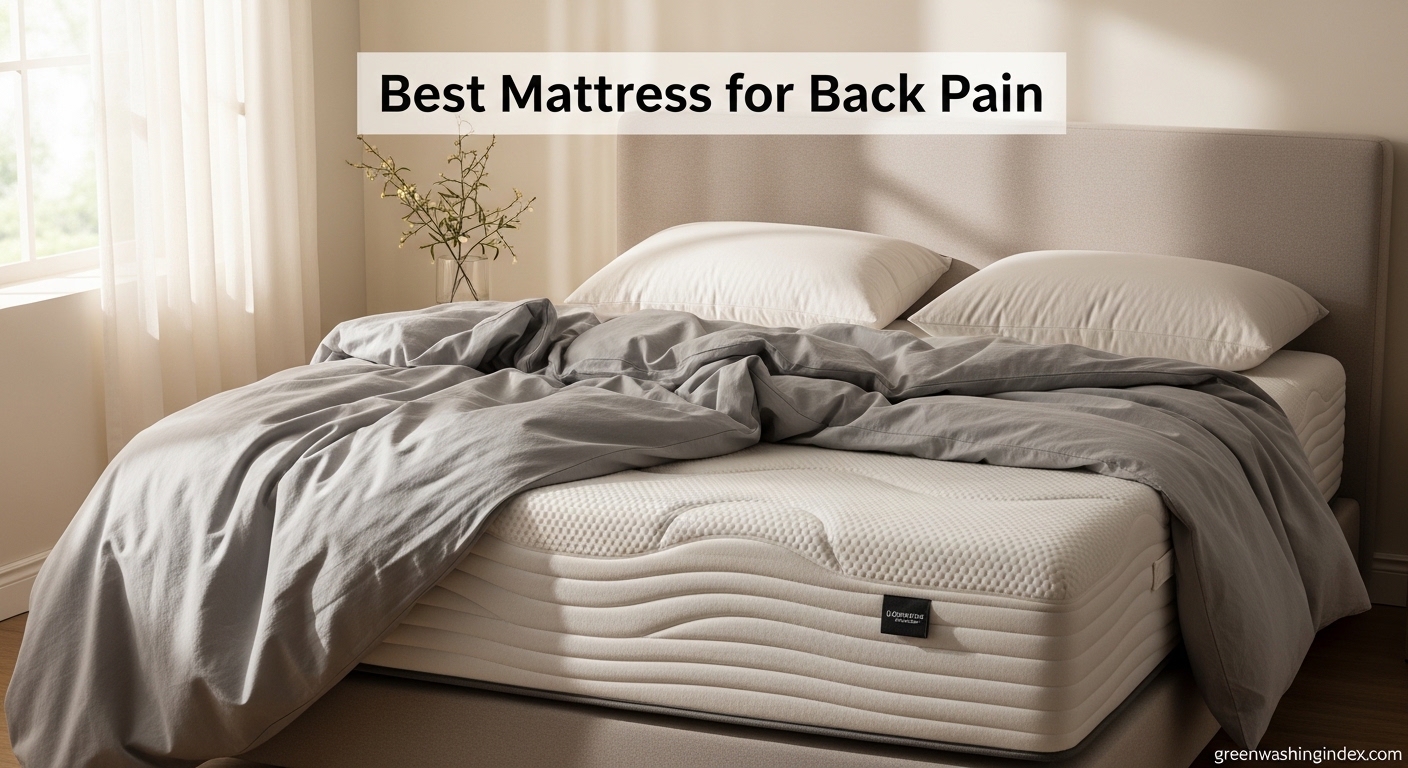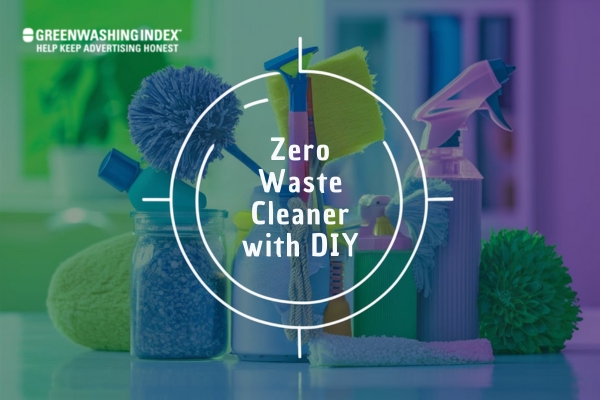

Walking into a room where every surface gleams with cleanliness, and the air carries a refreshing scent. This isn’t just a dream—it’s the reality for those who’ve embraced the Zero Waste Cleaner lifestyle. Picture replacing chemical-laden commercial products with natural, eco-friendly alternatives that leave your home sparkling and the environment grateful.
It’s a movement that’s not only about cleaning but also about making conscious choices that benefit our planet. Dive into this guide to discover how you can effortlessly transition to a zero waste living, beginning with your cleaning routine.
Zero waste living is a lifestyle choice focused on minimizing waste and maximizing sustainability. Its core principles, often summarized as the “5 Rs,” include Refuse, Reduce, Reuse, Recycle, and Rot. By refusing unnecessary items, reducing consumption, reusing what we can, recycling materials, and composting organic waste, individuals can significantly reduce their environmental footprint.

This approach not only helps in diverting materials from landfills but also promotes a circular economy where resources are continuously repurposed. This shift towards sustainability supports healthier ecosystems and encourages responsible resource use, fostering more sustainable communities.
Creating a zero waste cleaner involves selecting natural ingredients that are both effective and eco-friendly. The use of vinegar and essential oils stands out in this realm. They not only clean effectively but also promote a healthier home environment by minimizing the need for harsh chemicals.
Let’s explore how these simple ingredients can transform your cleaning routine.
| Advantage | Description |
|---|---|
| Cost-effective | Most DIY cleaners use simple household items, which are much cheaper than commercial cleaners. |
| Eco-friendly | DIY cleaners use natural ingredients, avoiding harsh chemicals, which is better for the environment. |
| Customizable | You can adjust DIY cleaners to fit your needs, choosing preferred scents and cleaning strengths. |
| Healthier home | Natural ingredients reduce exposure to toxic substances, making the home safer for your family. |
| Effective | DIY cleaners often use strong natural agents like vinegar and baking soda, which tackle various cleaning tasks effectively. |
| Simple and quick | Making DIY cleaners is usually straightforward, fitting easily into your cleaning routine. |
Making your own glass and mirror cleaner is an economical and eco-friendly alternative to commercial products. Utilizing simple, natural ingredients, you can create a powerful cleaner that effectively removes dirt and grime while leaving surfaces streak-free. This recipe is not only budget-friendly but also safe for your family and pets. Here’s a straightforward step-by-step guide to crafting your own cleaner:
This cleaner has a shelf life of at least one year, making it a practical choice for ongoing use.
Here’s how to mix your cleaner for the best results:
By following these simple steps, you can create a Zero Waste Cleaner that makes glass and mirrors gleam without harsh chemicals. Enjoy sparkling clean surfaces with ease!
Effective cleaning involves a few simple strategies to ensure your space is always tidy and welcoming. Creating a cleaning schedule is a great start. By dividing chores into daily, weekly, and monthly tasks, you can manage your time and keep everything organized. Gathering supplies in one place, like a cleaning caddy, makes the process more efficient.
Include essentials like microfiber cloths and an all-purpose cleaner. Always remember to declutter first. Removing unnecessary items from surfaces allows you to clean thoroughly without obstacles.
When cleaning, work from top to bottom. This approach ensures that dust and dirt don’t fall onto areas you’ve already cleaned. Lastly, use the right techniques.
For instance, circular motions are ideal for mirrors, while straight lines work best on wooden surfaces. Staying consistent with these habits will make cleaning less of a chore and more of a breeze.
The Zero Waste Cleaner approach not only helps reduce environmental impact but also promotes healthier living spaces. By using natural ingredients like vinegar and essential oils, we can create effective cleaning solutions that are both safe and sustainable.
Making the switch to zero waste cleaners is a practical and rewarding step towards a more eco-friendly lifestyle. It’s important to note that these changes can significantly decrease household waste and chemical exposure, benefiting both the planet and our health.
If you’re eager to delve deeper into eco-friendly living, explore more of our informative blogs to continue your journey toward a sustainable lifestyle.
